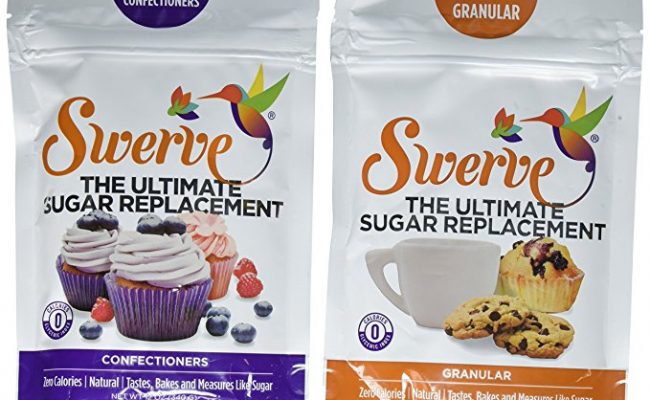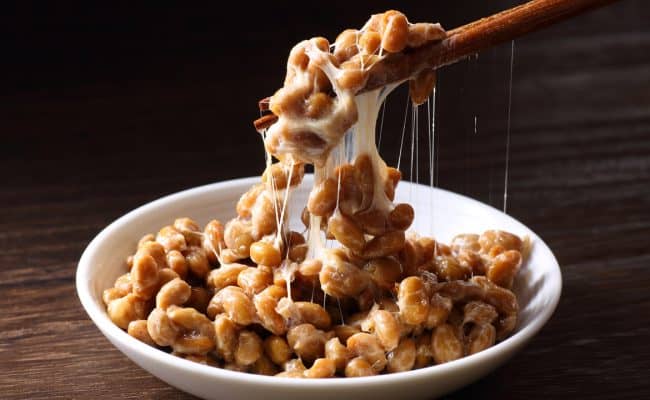
What are empty calorie foods?
Empty calorie foods can be defined as foods that provide calories but no or too little other nutrients. Examples of empty calorie foods include soda, sweets, packaged baked goods, ice cream or processed red meats.
The opposite of empty calorie foods are nutrient dense foods meaning these foods provide a lot of nutrients compared to the calories they provide. Examples of nutrient dense foods include fruits, vegetables, avocados, eggs, whole grains, lean proteins or dairy.
Empty calorie foods are high in sugar and/or unhealthy fats. Americans and most first world citizens get more than the recommended amount of empty calories in the diet. It’s not that you can never eat empty calorie foods, but they should be a minority not a majority in your diet.
How many empty calories can you have a day?
According to the United States Department of Agriculture, the recommended amount of empty calories per day is based on estimated calorie intake for different age and gender groups.
For example, a female aged 31-50 years old requires approximately 1800 calories per day if exercising about 30 minutes most days of the week.
Of those 1800 calories per day, 160 calories can come from empty calorie foods.
A male aged 31-50 years old requires approximately 2400 calories, and 330 of those calories can come from empty calorie foods. If you get less than this amount, that could be beneficial. If you get more than this recommendation, consider cutting down empty calorie foods.
If someone is more active, higher amounts of empty calories may be warranted. Increased physical activity increases calorie needs.
The World Health Organization (WHO) released new guidelines in March 2014 recommending sugar intake to be less than 5 percent of total calories. This was a drastic cut from the previous recommended 10 percent of calories coming from added sugars. Most Americans get more than the 10 percent recommendation.
Since empty calorie foods are a source of added sugar, this is reason to cut down on empty calories to follow recommendation by the WHO.
Health concerns with empty calorie foods
Empty calories foods such as sweets, sodas and other sweetened beverages are a rich source of sugar. These foods also do not provide other nutrients like fiber or protein which can help slow sugar absorption.
Getting too much sugar in the diet can increase risk for obesity, type 2 diabetes, high blood pressure and possibly other chronic diseases. See also: Does Sugar Cause Weight Gain?
Foods like whole grains or fruits are rich in carbohydrates or sugar but are not considered empty calorie foods because they also provide fiber, vitamins, minerals and antioxidants. The fiber in fruits helps delay the sugar absorption from the intestinal tract which helps control blood sugar.
However, sugars from empty calorie foods like candy, soda, energy drinks, sweetened juices or processed baked goods do not have fiber in them. Therefore, the sugar in these foods gets absorbed all at once from the intestinal tract. See also: Does Diet Soda Cause Weight Gain?
Also, most Americans do not meet the recommended fiber intake. Eating a lot of empty calorie foods will not provide fiber, and fiber has positive health affects in the body such as decreasing risk for cardiovascular disease and promoting digestive health.
Fruits and grains have antioxidants in them which can help lower inflammation in the body. Empty calorie foods do not have antioxidants and could actually increase inflammation in the body. Increased inflammation can increase risk for developing chronic diseases like cardiovascular disease or certain cancers.
Empty calorie foods can be high in saturated and trans fats, which are considered “unhealthy” fats. Packaged baked goods and processed meats can be especially high in trans and saturated fats.
Choose nutrient dense foods
You should think of what other nutrients a food or beverage is providing you besides calories. Empty calorie foods provide just calories and little else nutrition. Packaged foods are more likely to be considered empty calorie foods, but whole, unprocessed foods are more likely to be nutrient dense.
Whenever you have a choice, choose fresh foods like produce, lean proteins, whole grains, nuts, beans and natural oils as the majority of your food selections. Packaged foods like baked goods, processed red meats or sweetened beverages should be limited.
Whole foods are also a rich for a variety of vitamins, minerals and phytochemicals necessary for decreasing inflammation, boosting immune health and decreasing risk for chronic diseases. Empty calorie foods do not have these nutrients.
Conclusion
You can have empty calorie foods in your diet, but consuming excess amounts will sugar and unhealthy fats in your diet. You also misplace nutrient dense foods rich in fiber, vitamins, minerals and phytochemicals.
Empty calorie foods are not beneficial for weight loss and may hinder progress with your goals.
Limit empty calorie foods like packaged baked goods, sweetened beverages and processed red meats. The United States Department of Agriculture and the WHO have guidelines in place for the amount of empty calories and added sugar in the diet.










